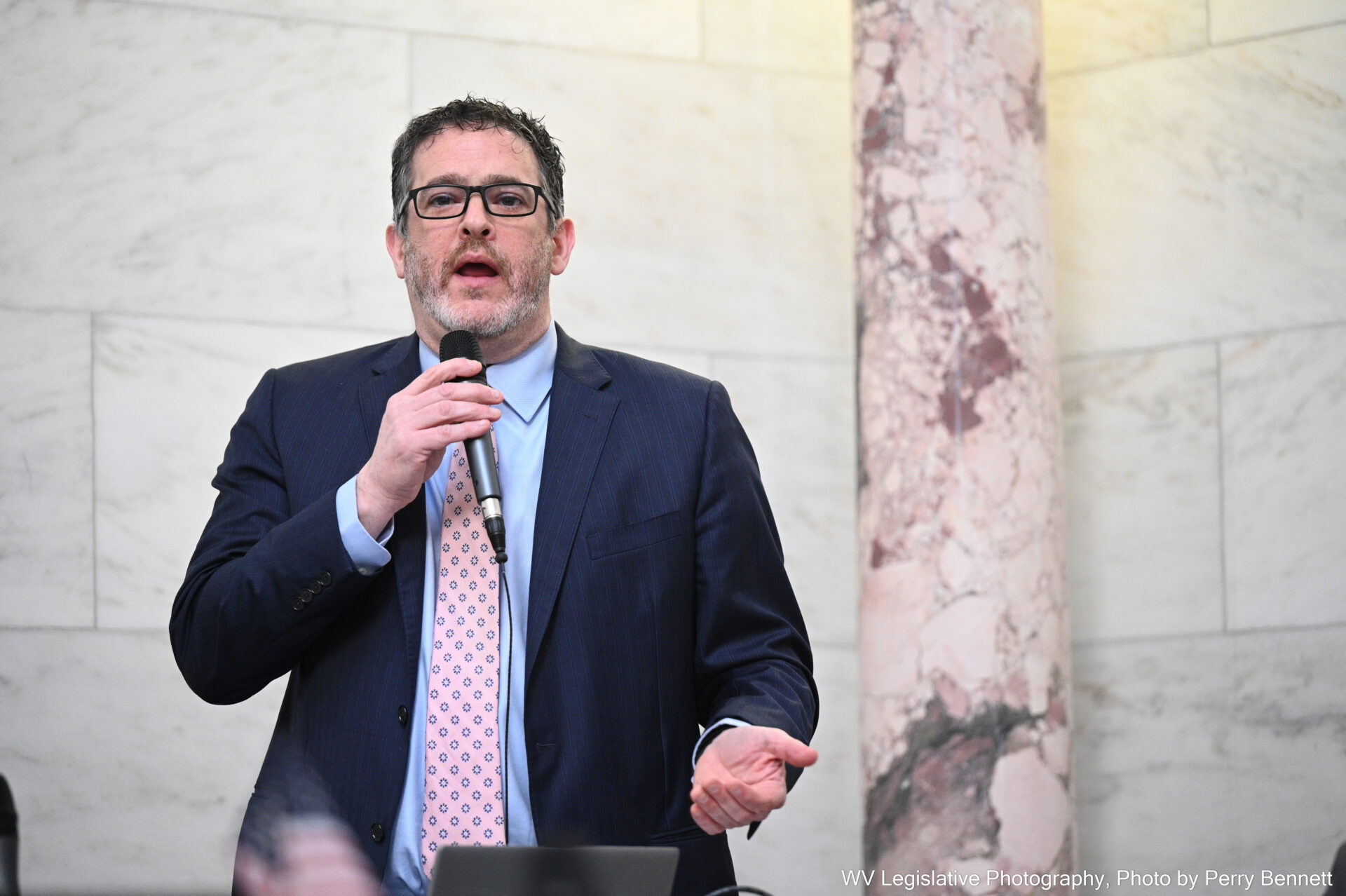An extraordinary legislative session ended with tensions high among lawmakers who wanted more transparency in spending from the Department of Health and Department of Human Services.
The West Virginia House of Delegates refused to concur with the state Senate’s amendment to Senate Bill 1001 in a late-night session Monday.
Instead of restoring the budget line items cut from the state budget passed on the last night of session, Senate Bill 1001 appropriates money to a new reserve fund of $183 million. Lawmakers hope the cabinet secretaries of the departments will spend on underfunded line items. The secretary has the ability to move only 5 percent of any money from one existing account to another. This fund is new and it will expire March 31, 2025. It is not encumbered so the cabinet secretaries are not required to spend the money on specific items.
On Tuesday, the Senate took no action on Senate Bill 1001 and sent the bill back to the House.
Emotions were high in the House after the Senate adjourned Sine Die without addressing the House’s version of the bill.
The House’s version would have required rate pay increases for those who work with individuals with intellectual and developmental disabilities, otherwise known as those served by the IDD waiver program.
In 2023, the previous West Virginia Department of Health and Human Resources (DHHR), Bureau for Medical Services contracted with Myers and Staffer, an actuary firm, to conduct a “rates” study of the Aged and Disabled Waiver, and Personal Care Services programs.
The study recommended a $6.5 million rate increase for the IDD waiver program to hire and retain direct care professionals.
“We the House feel it is very important to include these rate increases for providers because we are very short on providers,” Del. Amy Summers, R-Taylor, said. “And it is our job as the legislature to make sure this infrastructure is there.”
Del. Mike Pushkin, D-Kanawha, said he believes there will be no rate increases since the House’s amendment was not passed.
“I trust when they said under oath that they had absolutely no intention of increasing the rates,” Pushkin said. “That’s what they told us when they were under oath, there was not their intention to increase these reimbursement rates.”
One House amendment that was included in the final version of the bill is a line protecting the IDD Waiver line from any moving of monies within the department.
These concerns stem from a line of questioning during an interim meeting in April where Human Services Secretary Cynthia Persily testified that the department used funds from the IDD waiver program to pay for contract nurses and COVID-19 testing.
“I think the one issue that we did come to fix was the IDD issue in the stealing of money that was occurring out of that line item,” Del. Adam Burkhammer, R-Lewis, said. “I believe that this legislation stops that. It ensures that $97 million is going to IDD.”
By taking no action, the Senate left the House to jump through hoops to get Senate Bill 1001 back on the floor and up for consideration.
Procedurally, the House had to move backward in order to take the bill back up. They had to vote to undo their Monday night actions, then vote to concur with the Senate, lest the bill die and the funding be left incomplete.
“The position that the House is in right now, is they need to recede from what they did yesterday, or the bill is dead,” Sen. Eric Tarr, R-Putnam told reporters after the Senate adjourned Tuesday.
Tarr said the bill was the product of months of negotiation among the House, Senate and governor’s office to go through and set up a mechanism for transparency.
“We don’t believe there’s a cash flow shortfall anywhere, and that’s coming up on us anytime soon,” Tarr said. “However, if there would be then there’s a reserve fund that has incredible transparency to it, that the secretary has to sign off individually on transferring those funds and the report to the joint committee on which line it went into, and why.”
Many lawmakers in the House expressed a desire for the cabinet secretaries to have to ask permission to spend, instead of reporting the expenditure after the fact.
“We can’t control where the money goes, specifically, but we can at least be told where it’s going to be spent,” Del. J.B. Akers, R-Kanawha said. “And pardon my language, I would hope that if it’s not spent the way that we intended, there’s hell to pay next year.”
In the Senate, only one Senator voted against this version of Senate Bill 1001 — Sen. Mike Woelfel D-Cabell. The House passed the bill nearly unanimously. It now heads to the governor’s desk for his signature.
